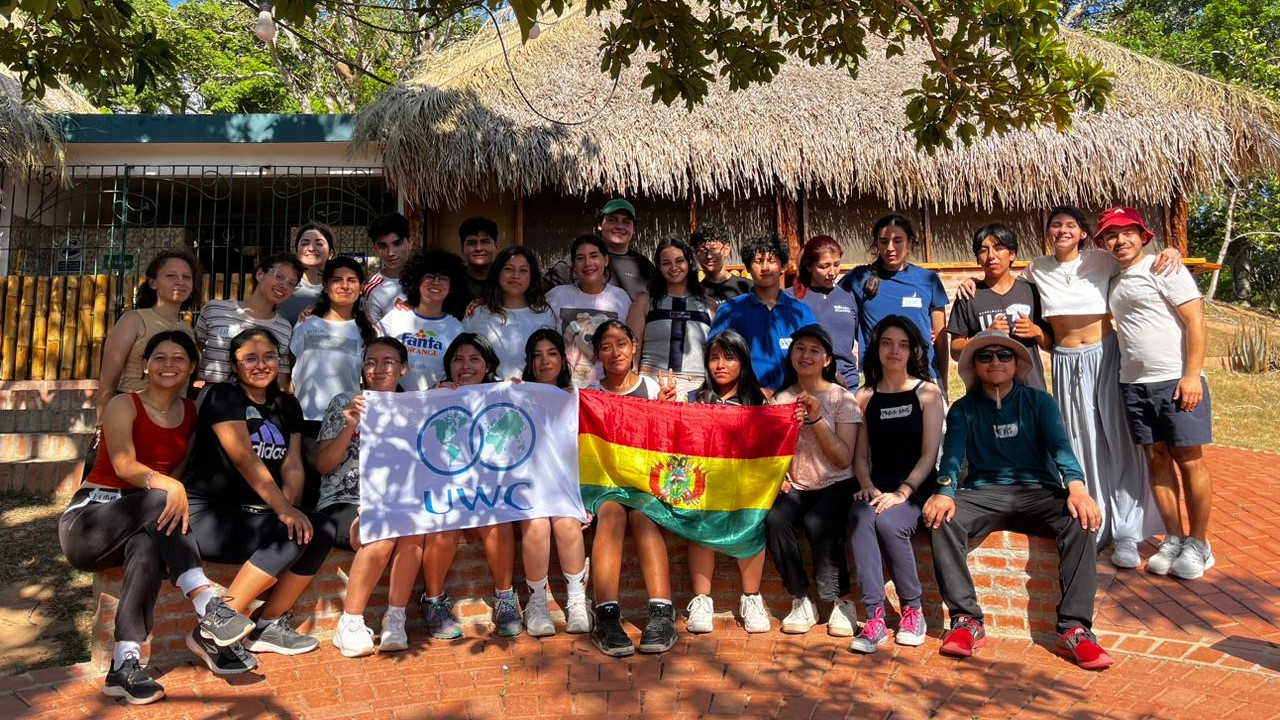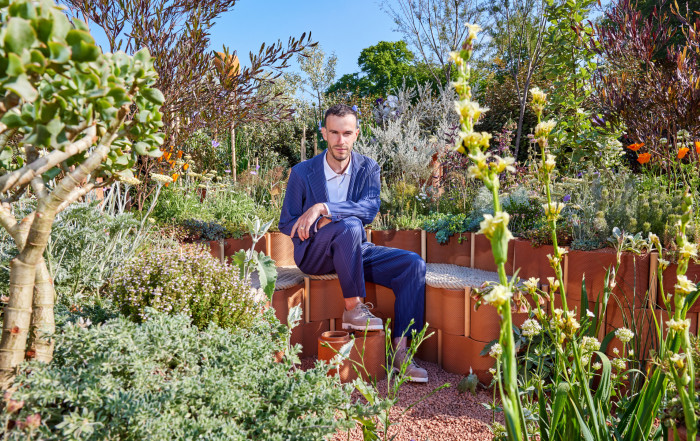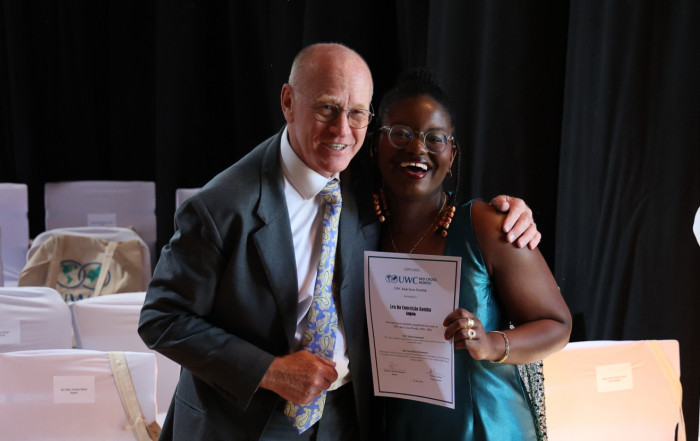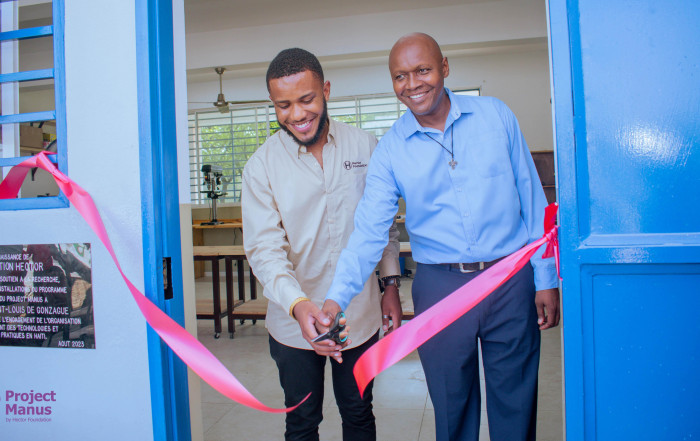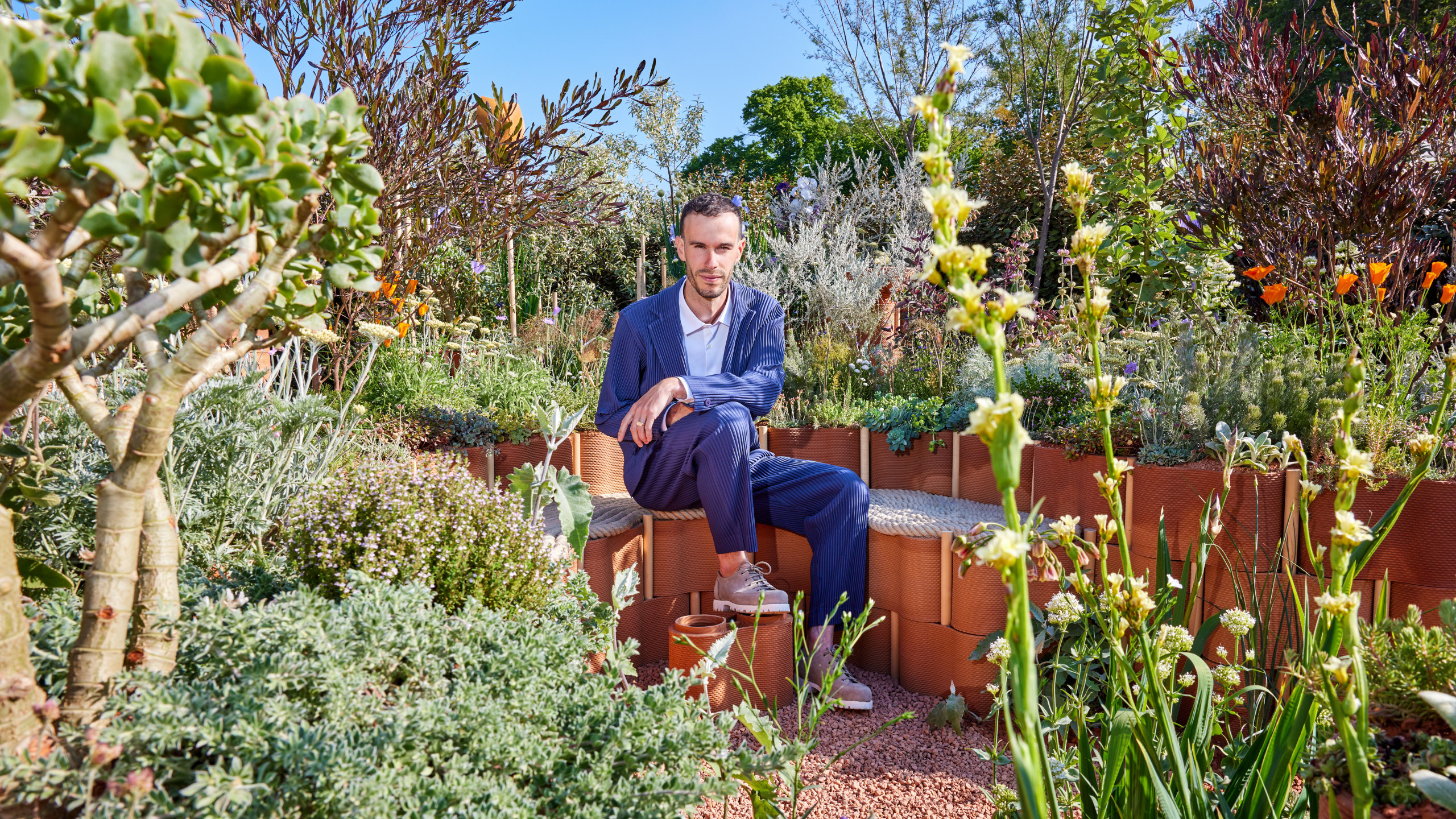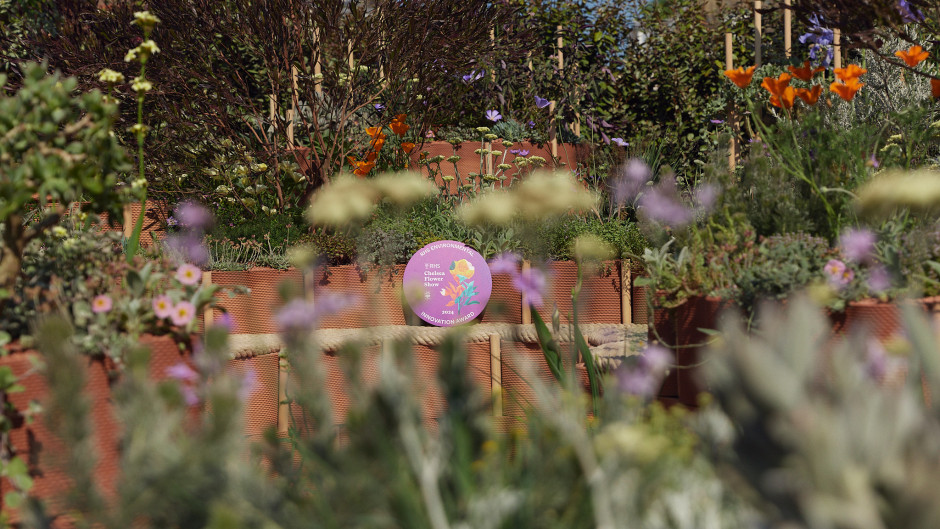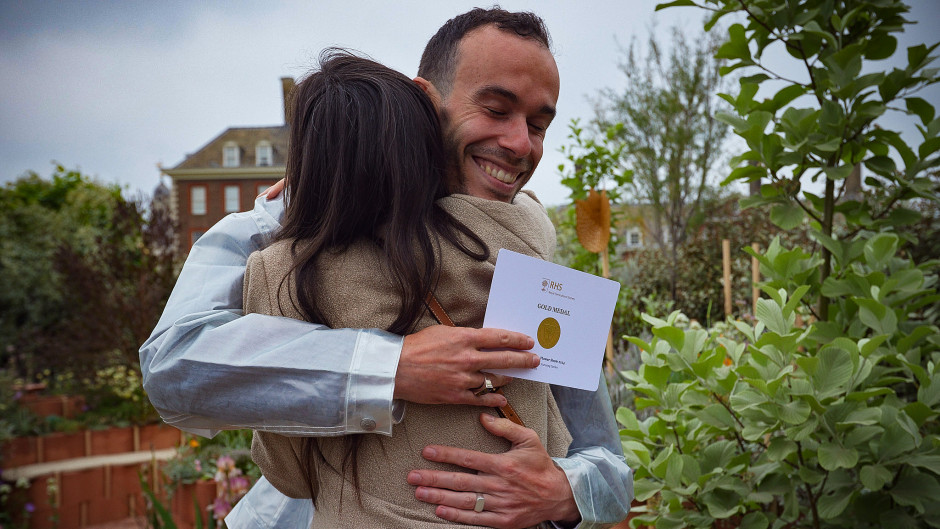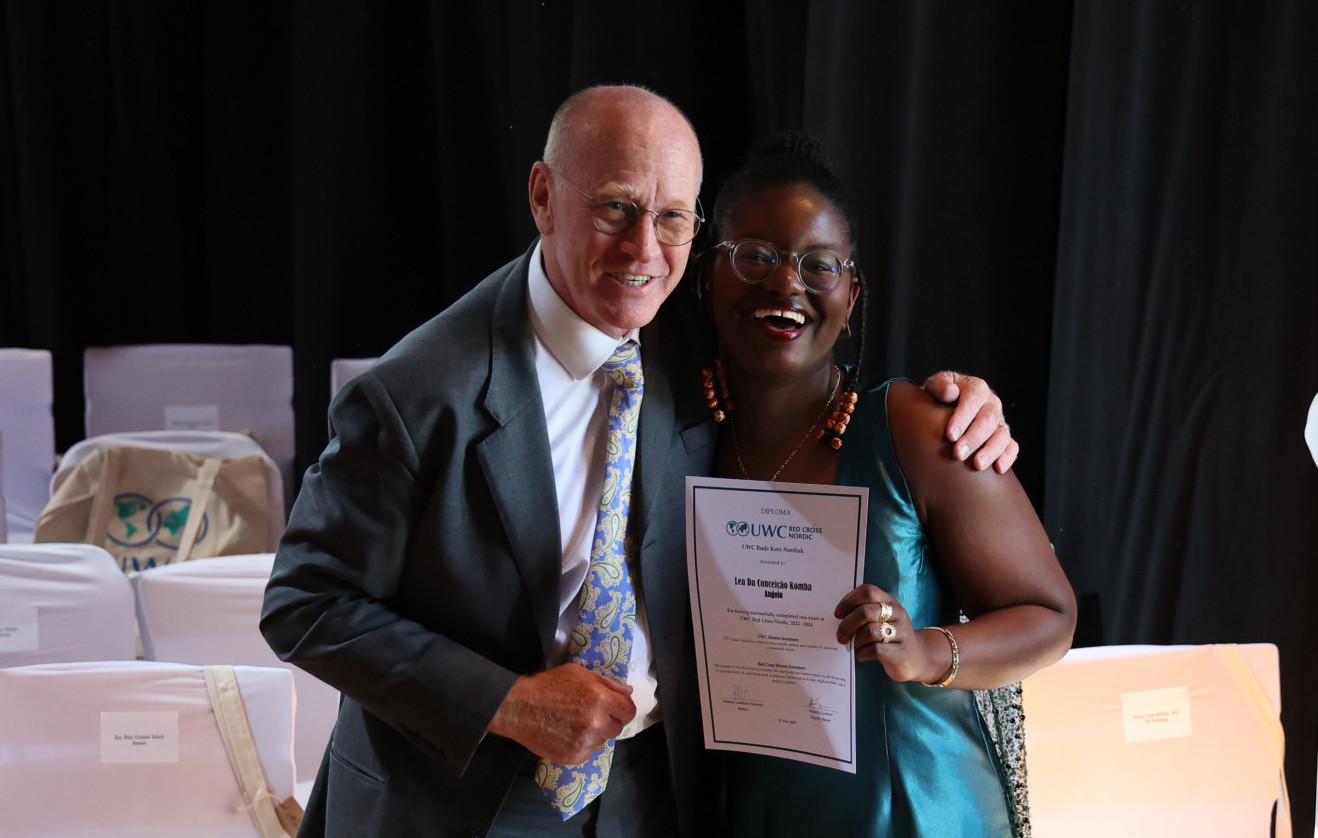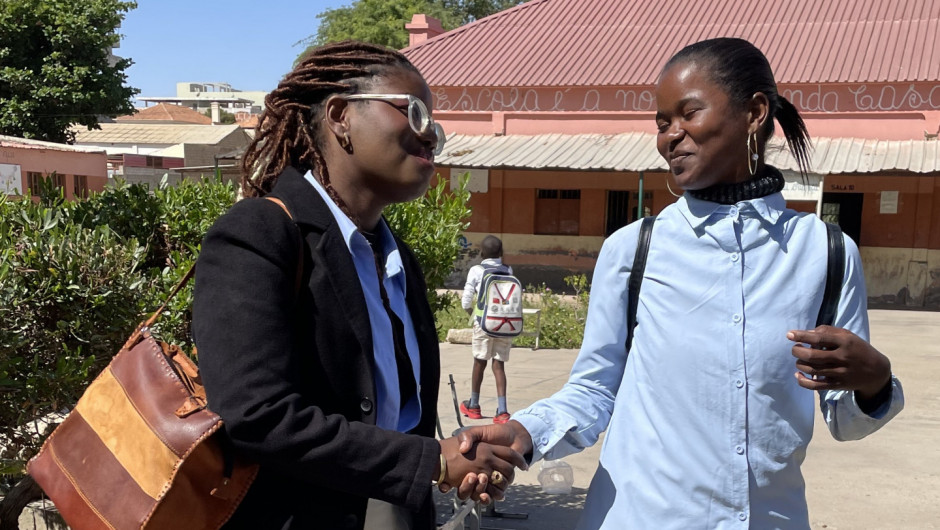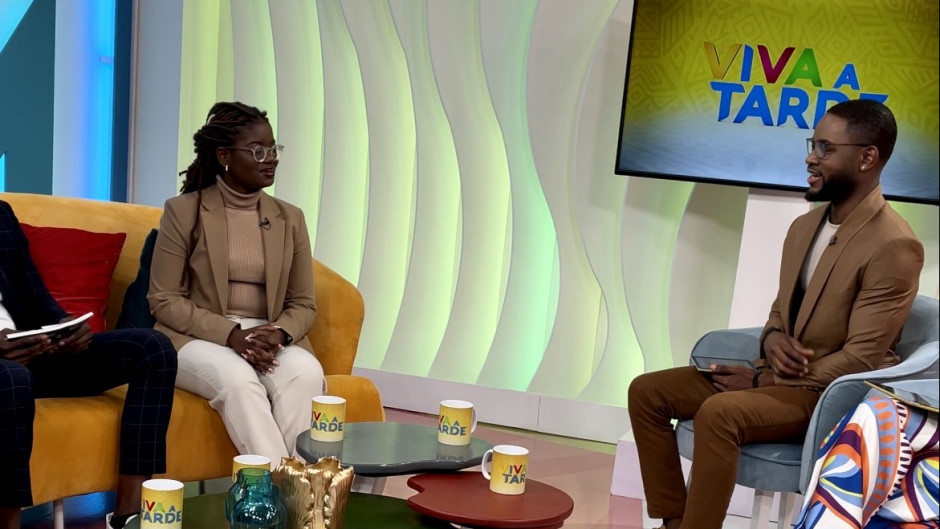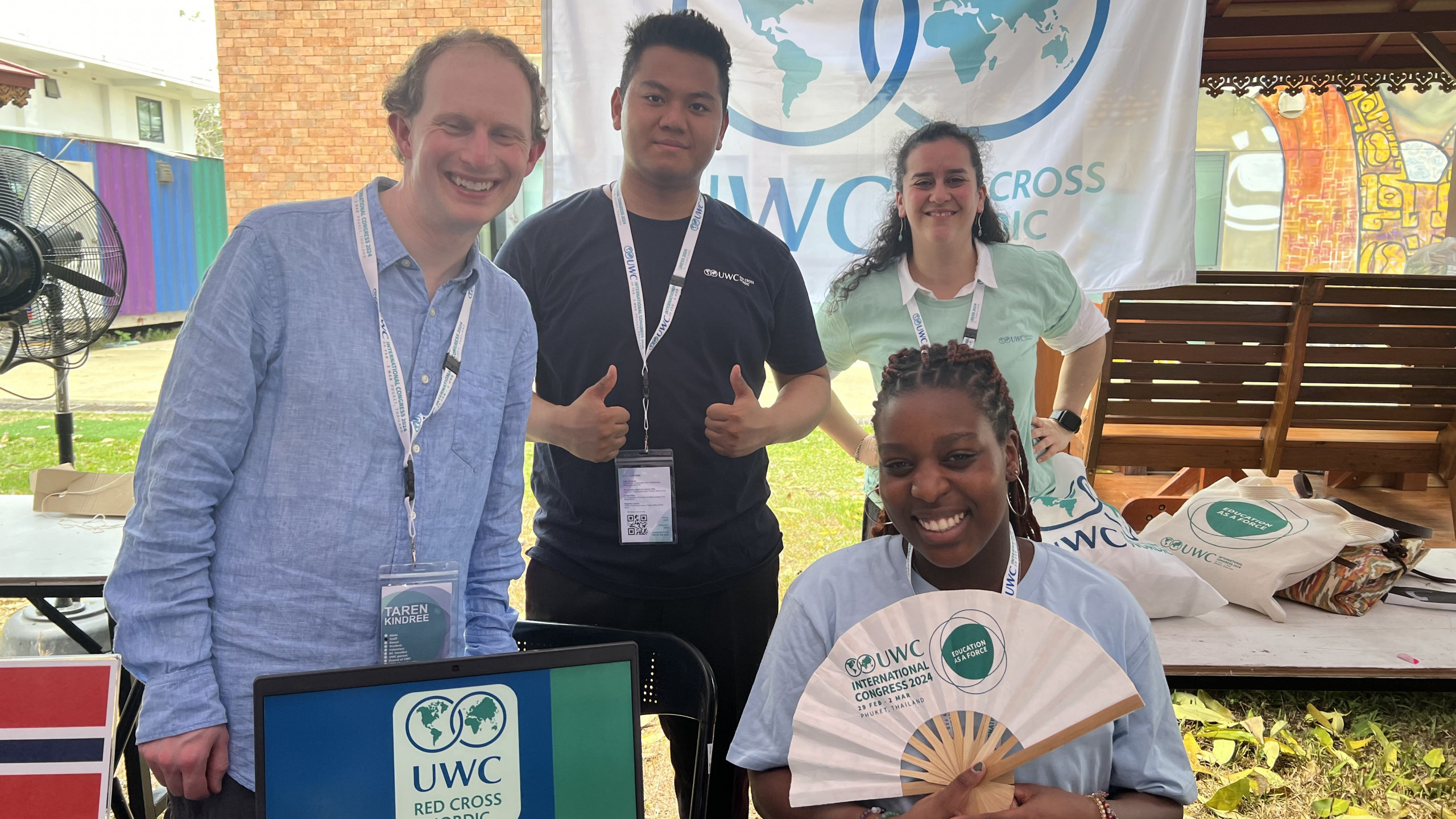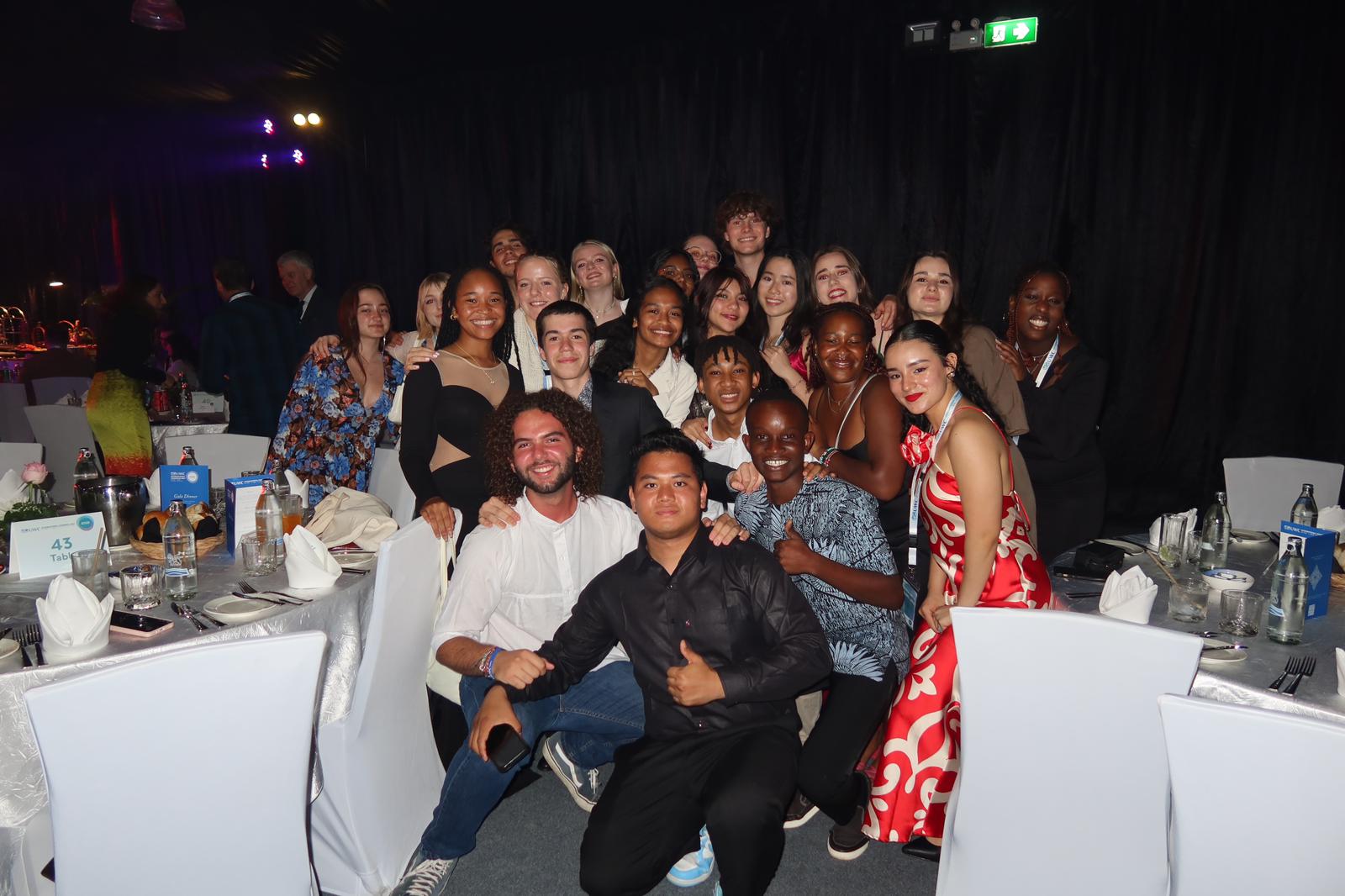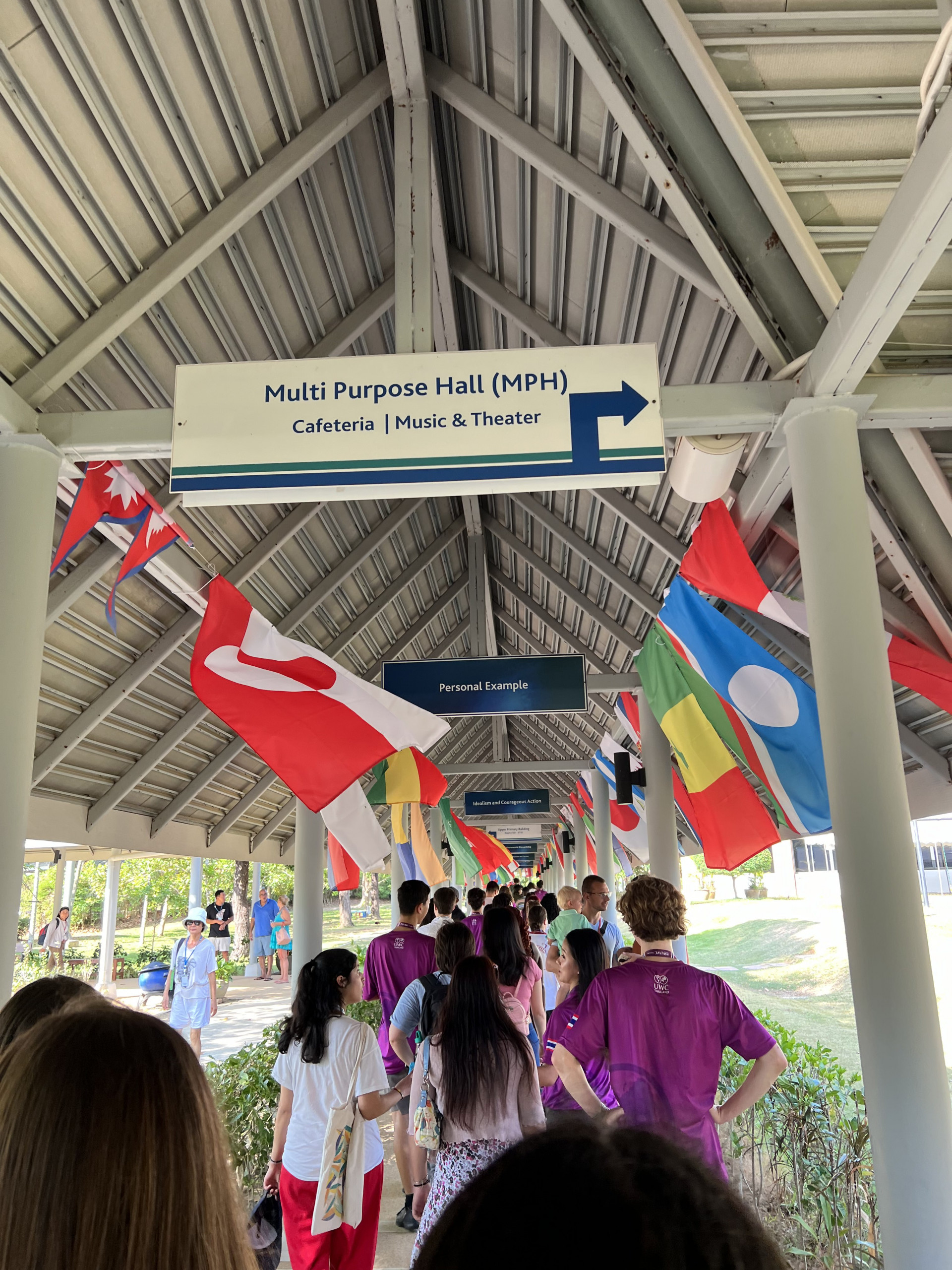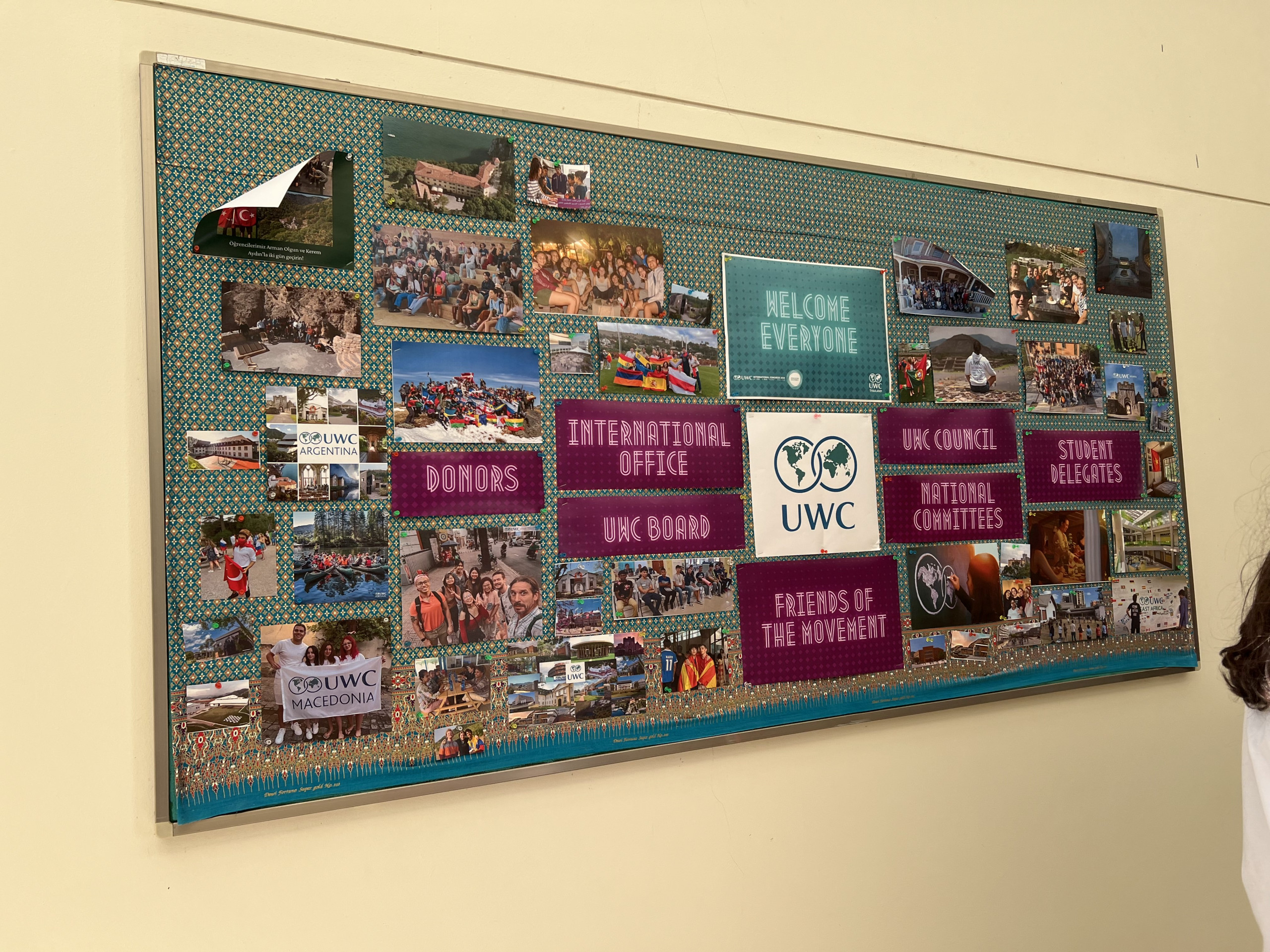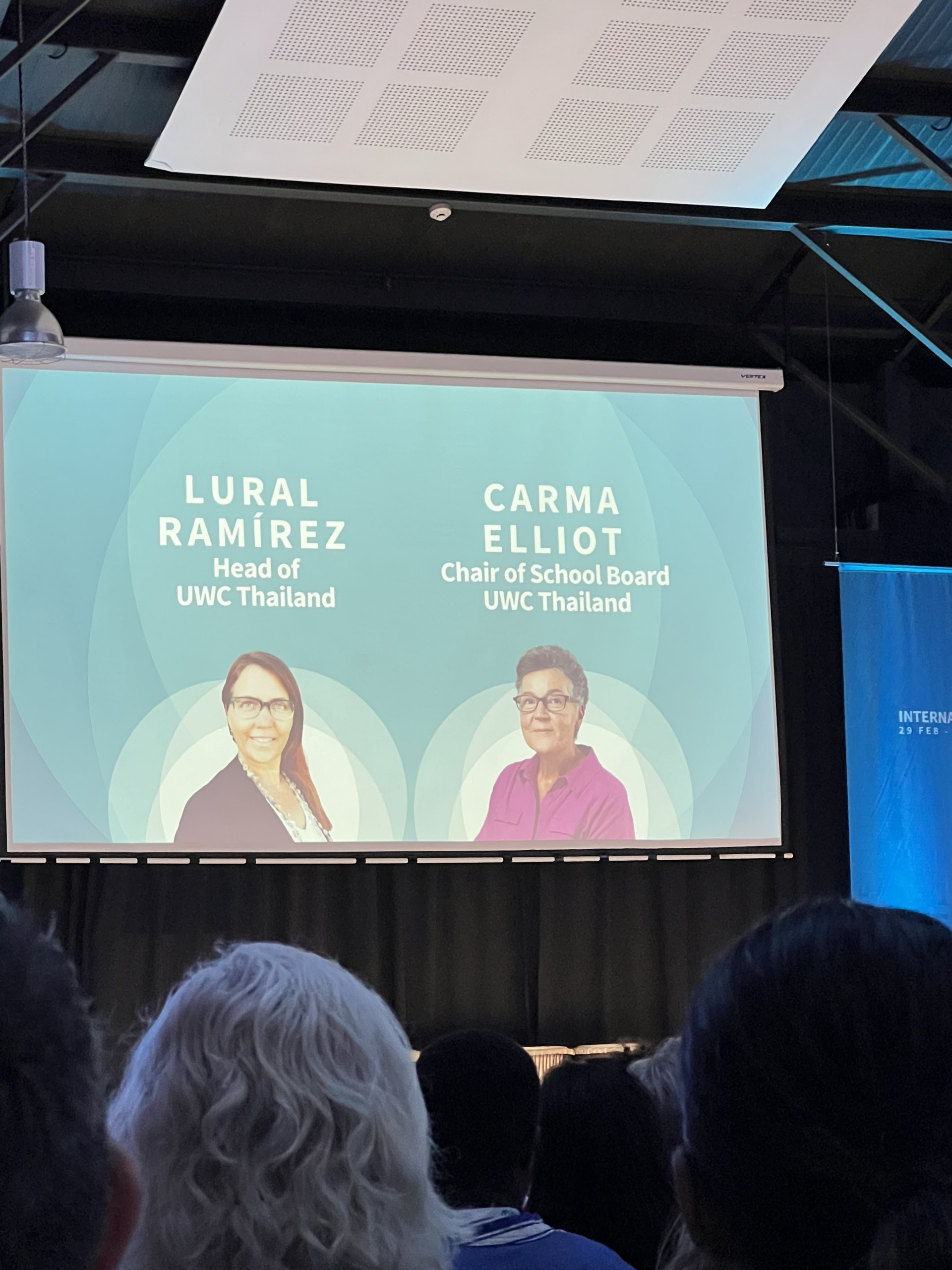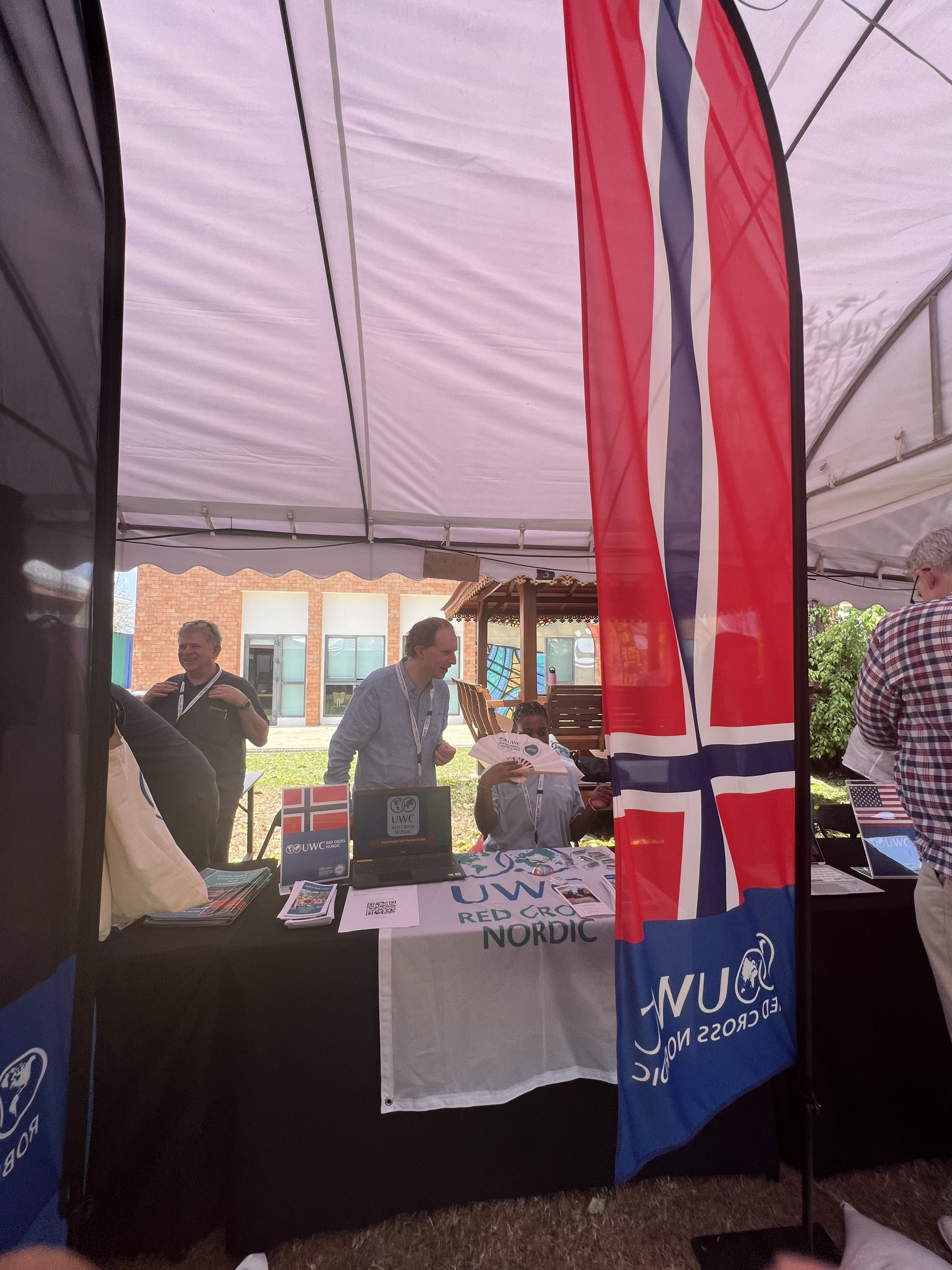Erick Bruckner Iriarte, RCN’21
Arriving at UWC Red Cross Nordic was a life-changing experience for me. At 16, with only a slight idea of how to speak English, I attended the school’s summer course to prepare for my two years at RCN. Once I arrived, I kept thinking, ‘I can’t believe I am here,’ which marked the beginning of a wonderful experience at this institution.
During my second year at RCN, the COVID-19 pandemic hit, and I had to return to Bolivia., with the uncertainty of not knowing if I would ever come back. This made me appreciate my first year at RCN even more, motivating me to fully embrace every learning opportunity at UWC. Once I returned to campus, I aimed to gain knowledge not only from textbooks but also from my classmates and teachers, who provided a truly supportive environment where I was able to grow as a person. When my graduation came, I realised I needed to apply the UWC values I learned in every aspect of my life.
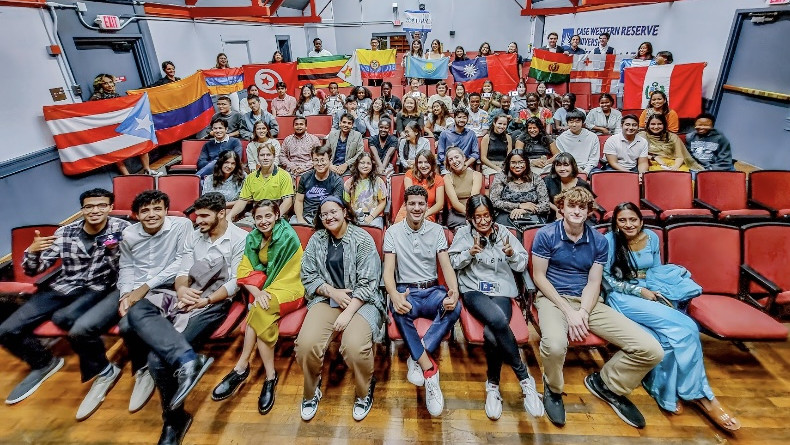
After leaving RCN, I aimed to create UWC-like opportunities for myself and others. This led me to become the Vice-Chair of the UWC Bolivian National Committee. Inspired by my own experience, I started volunteering for the committee right after graduating from RCN. I began by reviewing applications and essays, and now I have been in charge of running our selection process, nominating students to their schools, and providing an orientation process so that they can fully embrace their UWC experience. I’ve also led our very own School Visits project, which, with financial help from the IO, allowed us to travel to remote, underrepresented parts of Bolivia to promote UWC and share such an amazing opportunity.
Volunteering for National Committees, the backbone of the UWC movement, is my way of giving back. Regardless of age or experience, everyone can contribute to the movement, it just takes a bit of dedication. Even in university or abroad, there are many virtual ways to offer help to your NCs. As a UWC graduate, you know what it takes to make the most of the experience and how to prepare. Volunteering has also given me numerous benefits, including skill development and networking across the globe, which have helped me boost my professional readiness for the future. Despite the hard work at my NC, this quote by Faith Abiodun keeps inspiring me to give my best: “There is always someone working for UWC, at each minute of each day, someone is working to improve and better UWC.”
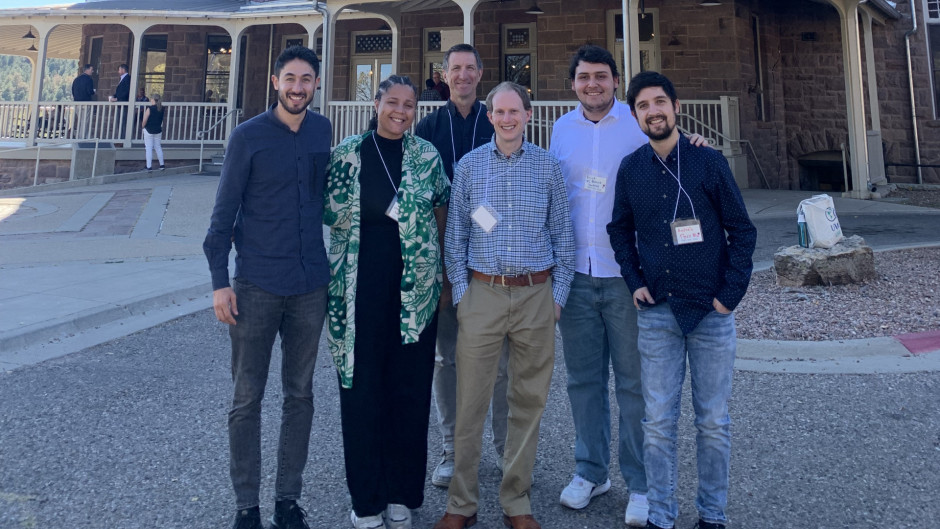
Another part of my life in which I tried to implement the UWC values was my higher education. At Case Western Reserve University, I noticed that many UWC students weren’t connected, and many local students didn’t know about UWC. So, along with some friends, I founded a UWC Student Organization as an attempt to support international students and promote UWC values. Our organization shares global perspectives with the local community, creates safe spaces, organizes gatherings, and plans projects that impact both locally and globally. It’s challenging, but we always try our best to promote our mission at the university.
My message to UWC students, alumni, and friends is that the UWC experience never ends. Connect with people, reflect on your experiences, and think about what has inspired and transformed you. Help more people connect with UWC. Use your knowledge and skills to give back to your community. Whether through donations or volunteering, your contributions make a difference, and they allow us to keep making a difference through UWC.
In People of UWCRCN you find stories of alumni or other members of our community. Here are the laterst.
Giulio Giorgi, RCN ’03
Giulio Giorgi, a proud and talented alumnus of the United World Colleges Red Cross Nordic (UWC RCN), embraced the spirit of global citizenship and community service that defines [...]
Lea Komba RCN’24
Lea Komba is an RCN alumna of the class of 2024 from Angola. During her time at RCN, Lea was a very passionate changemaker; she loved public speaking and [...]
Wilhem Hector RCN’21
Meet Wilhem Hector, originally from Haiti, who embarked on a journey to UWC Red Cross Nordic. With little prior knowledge of Norway, he undertook a leap of faith, [...]

